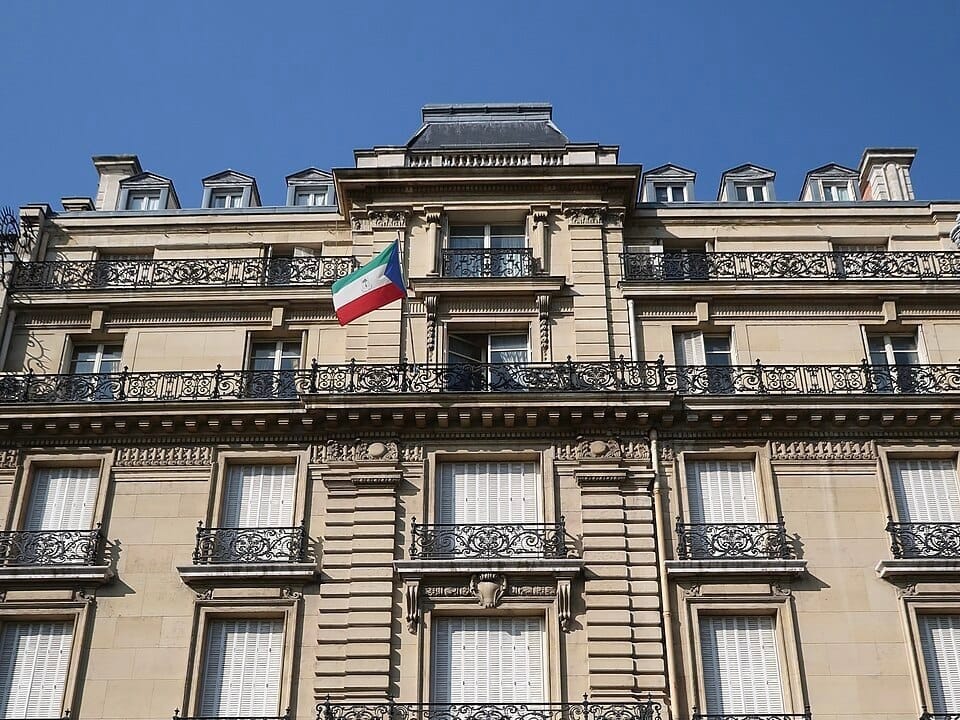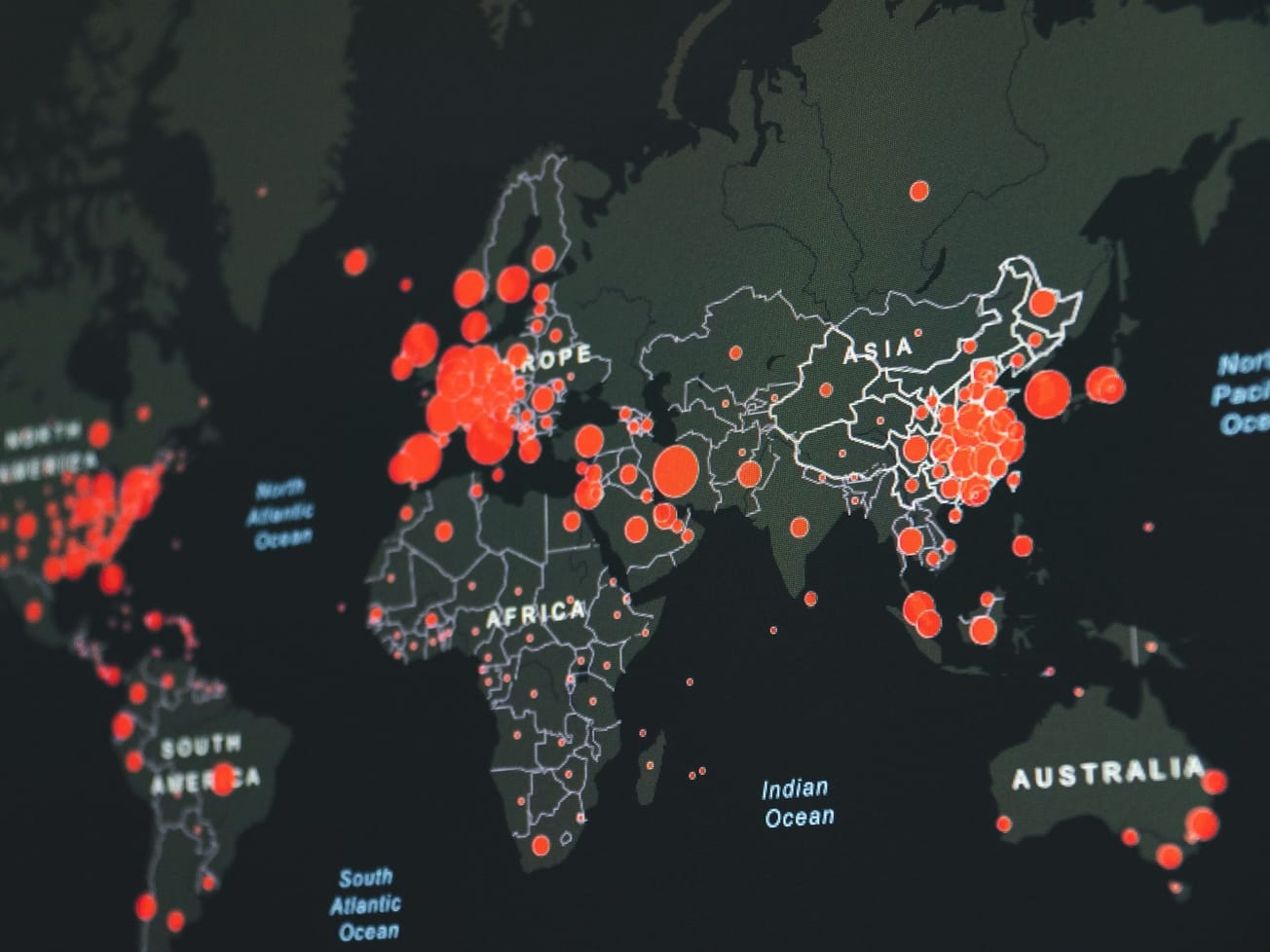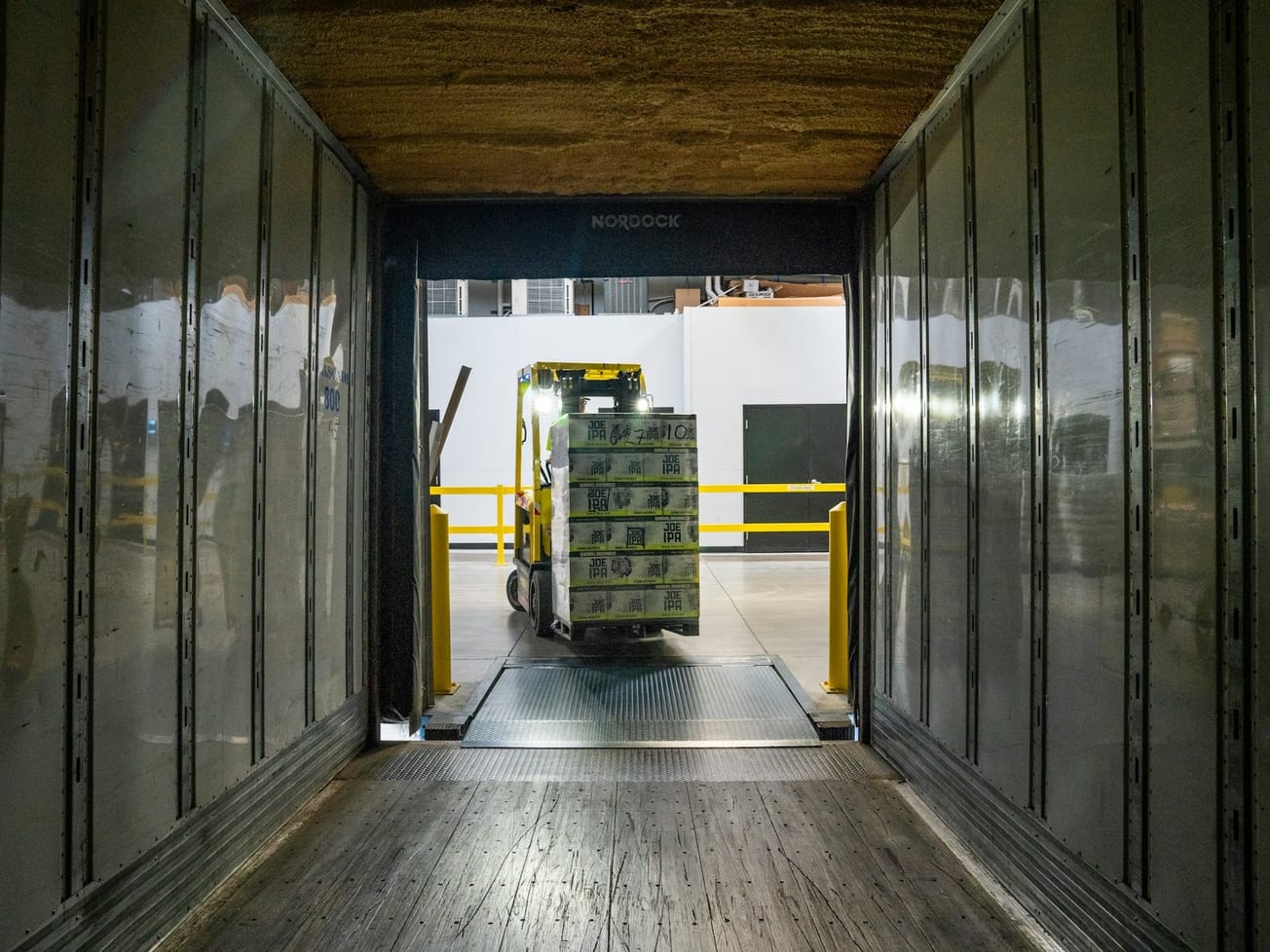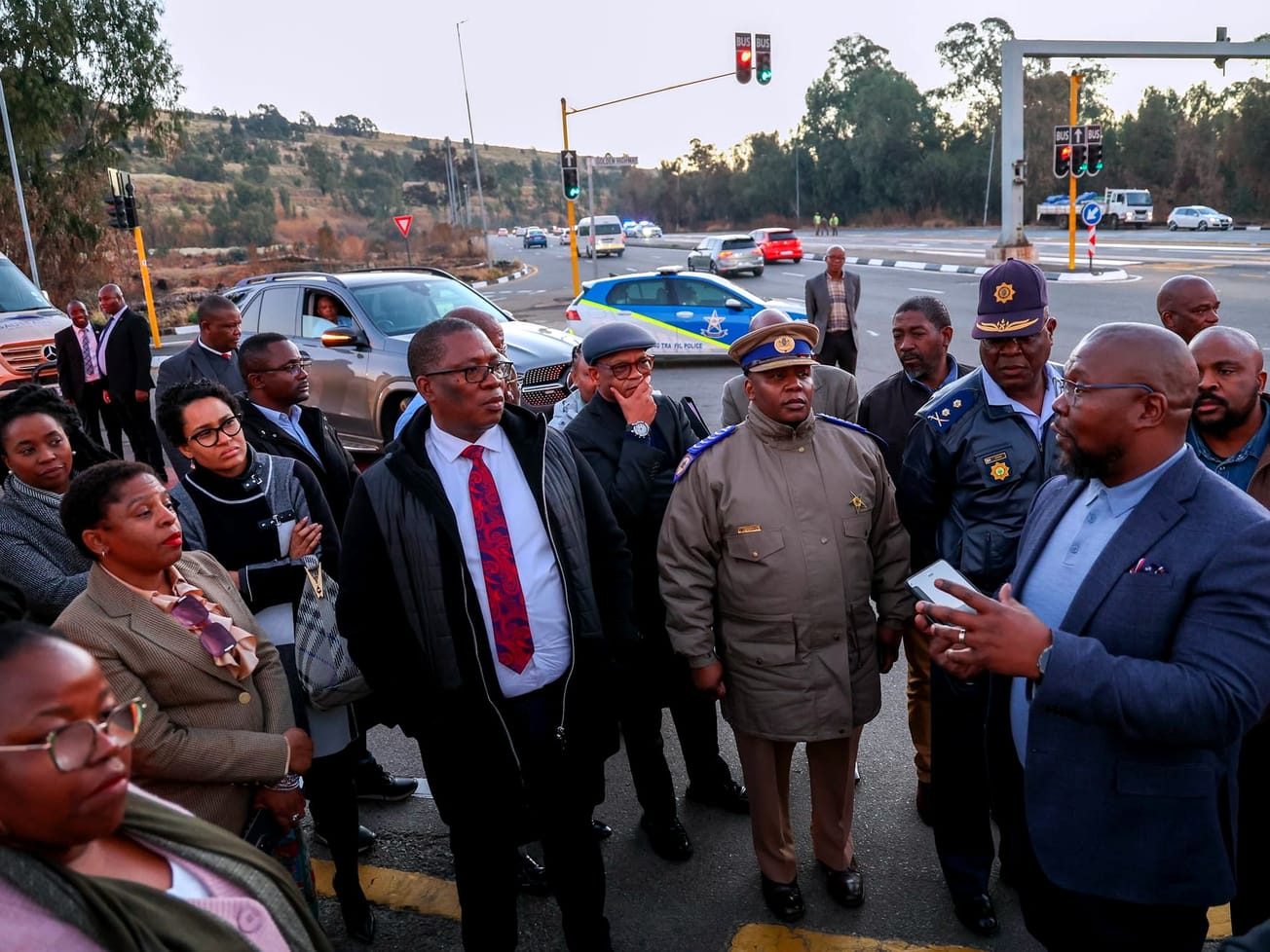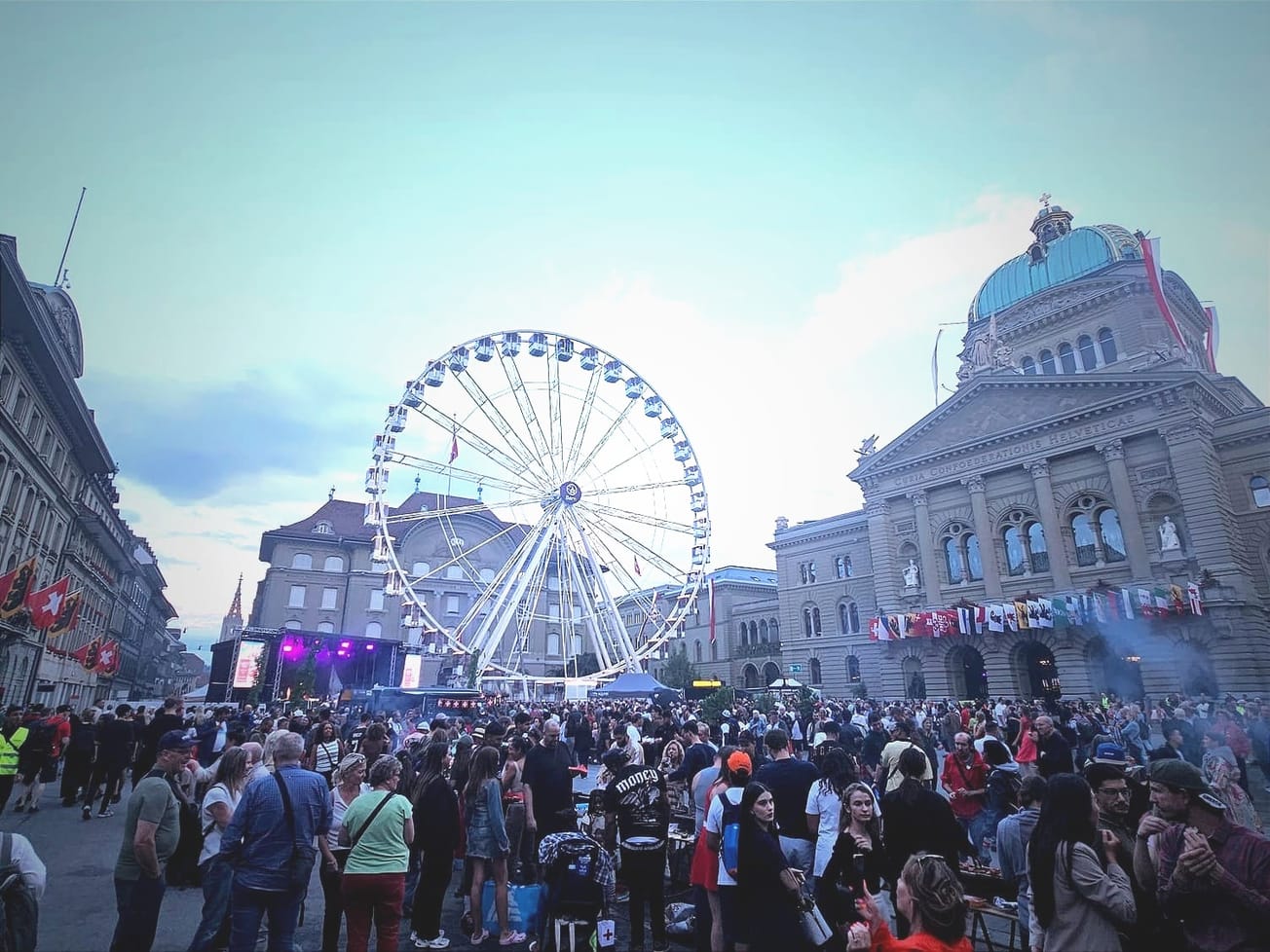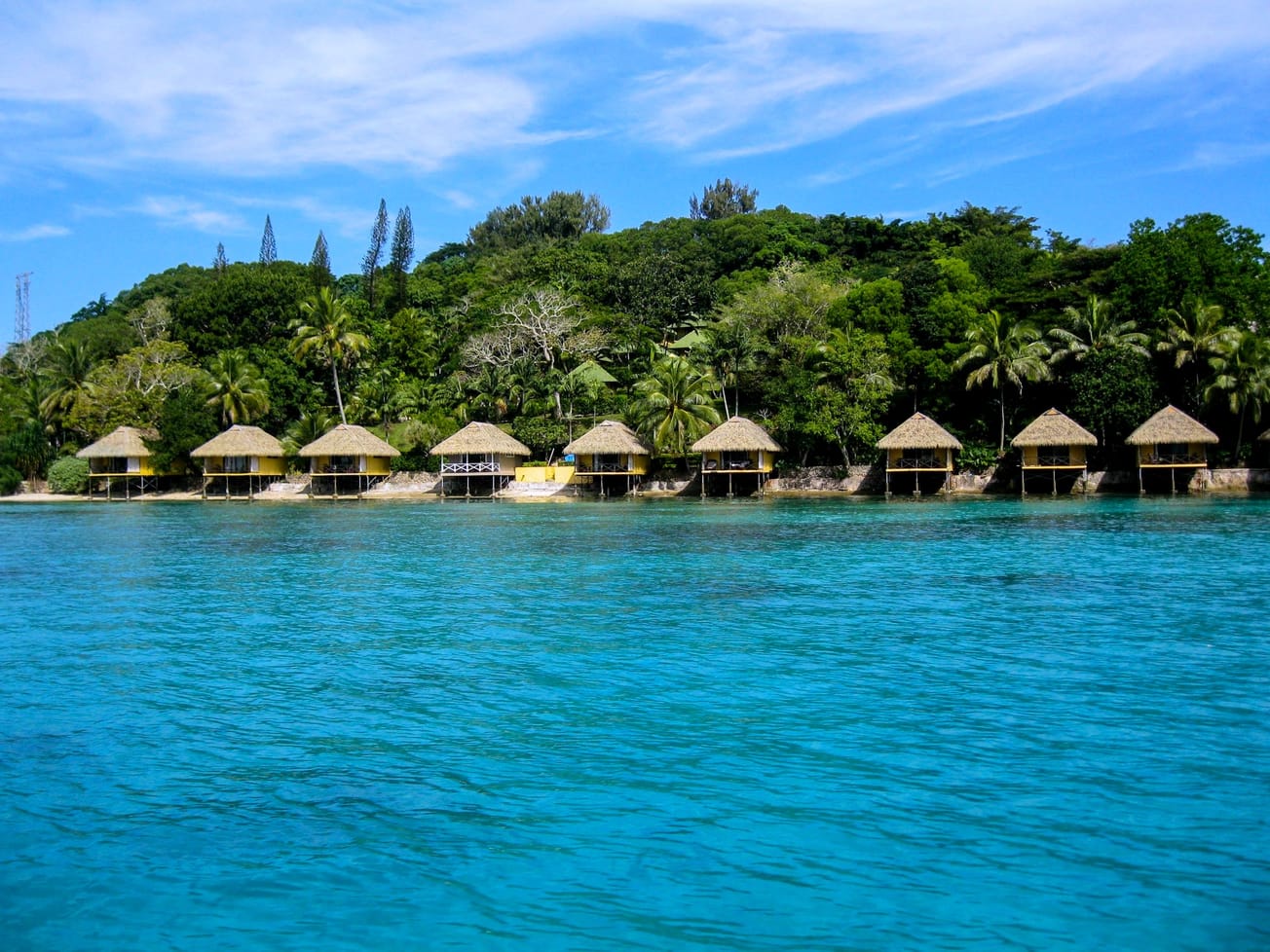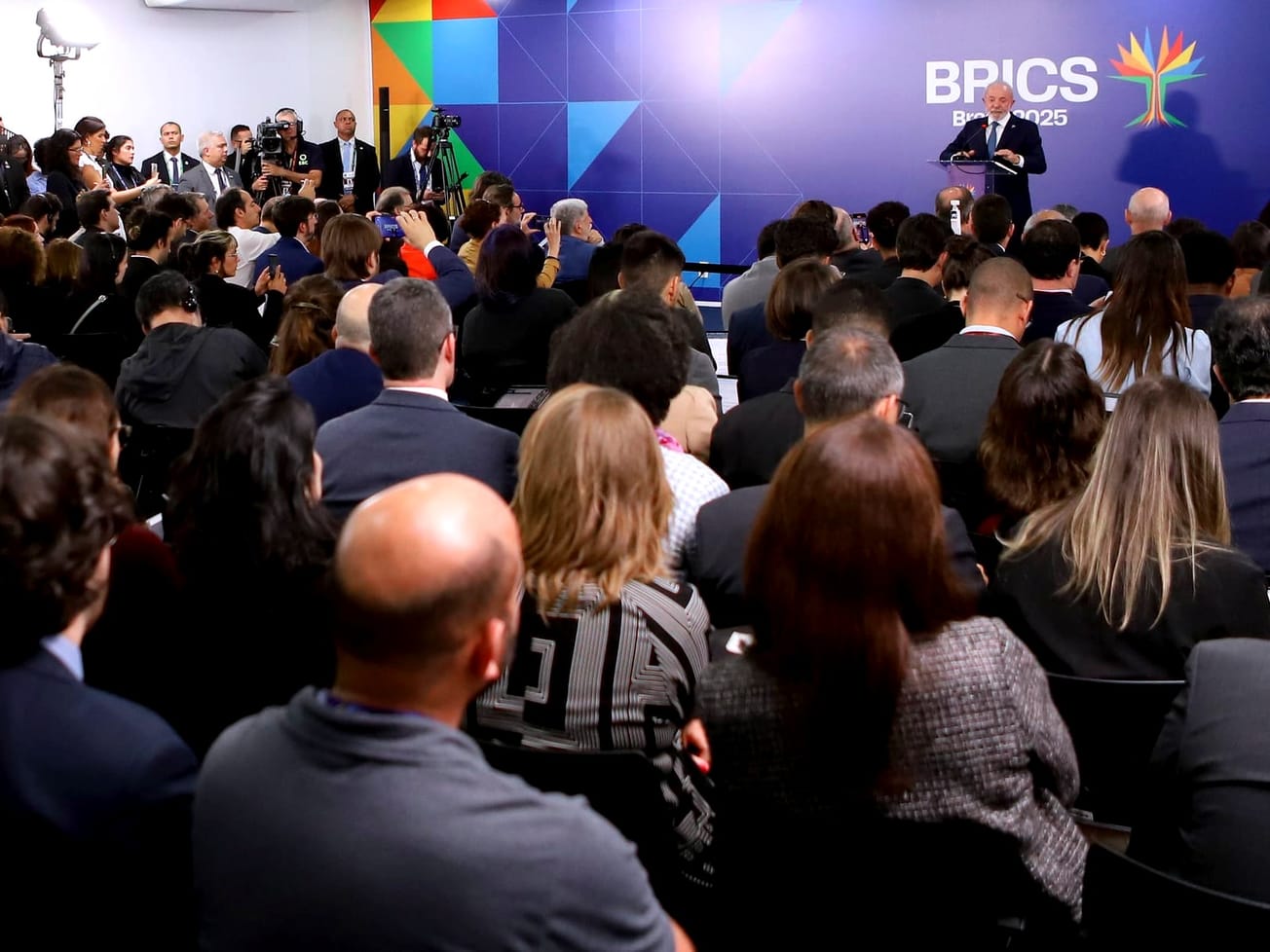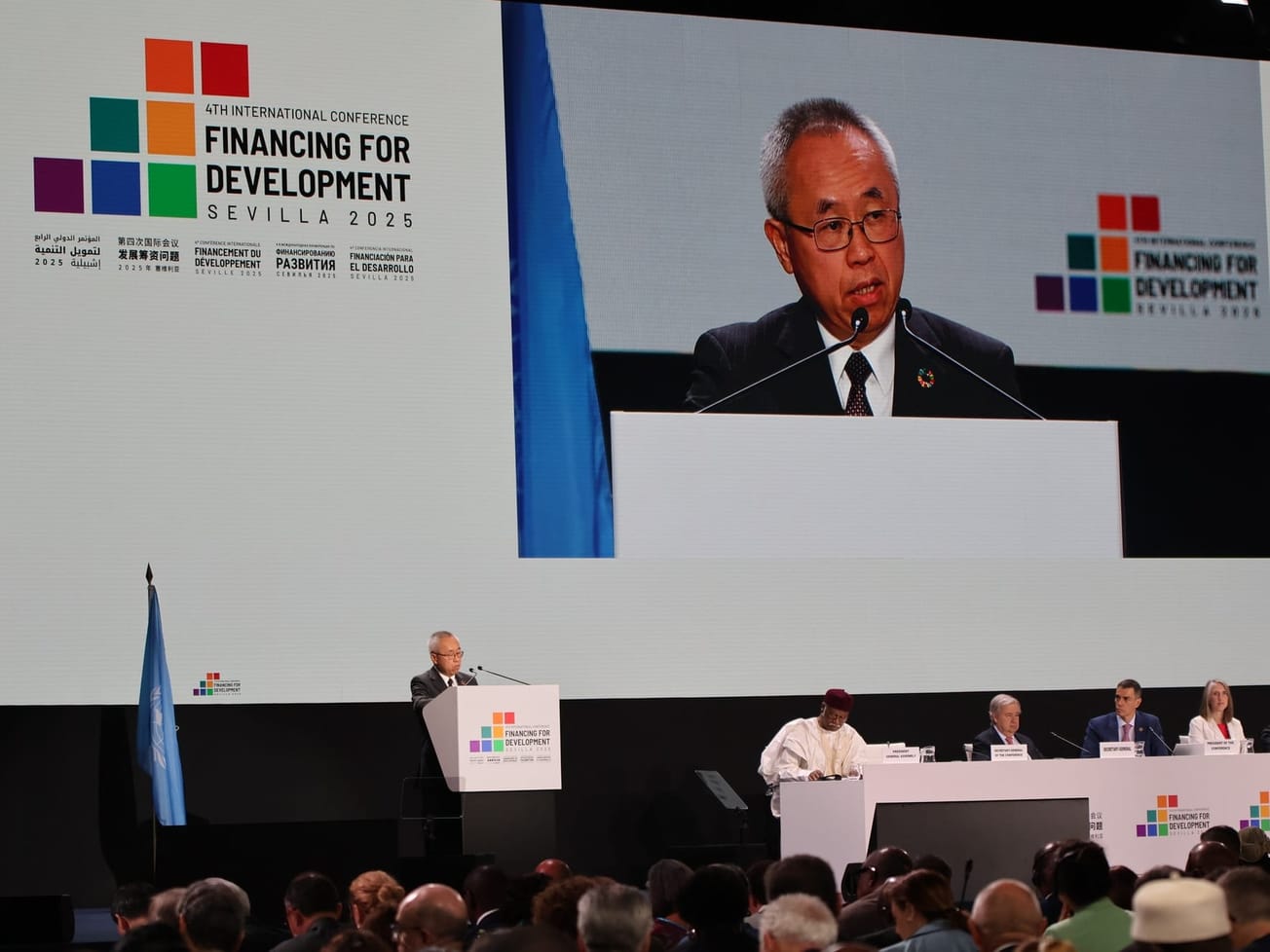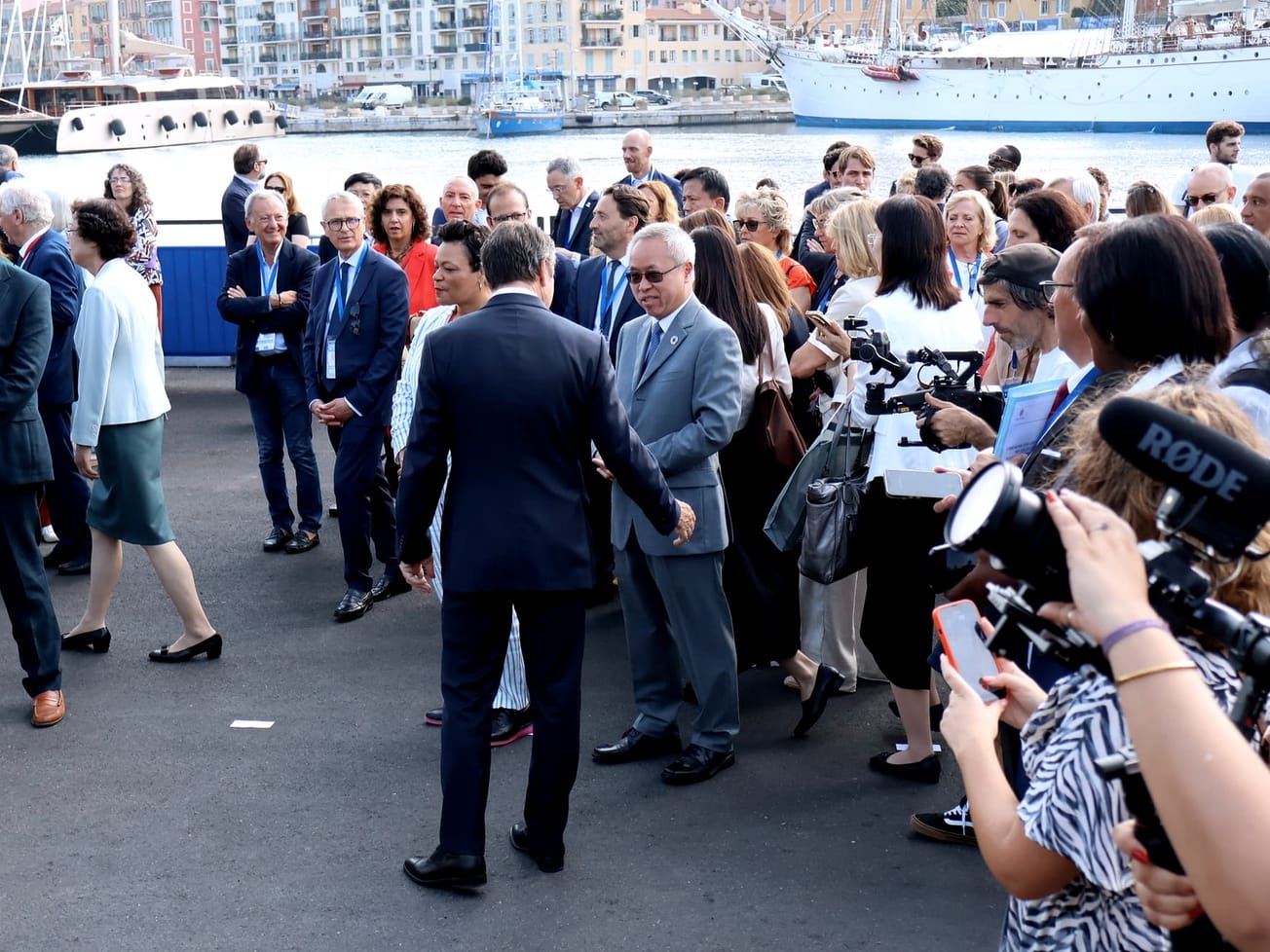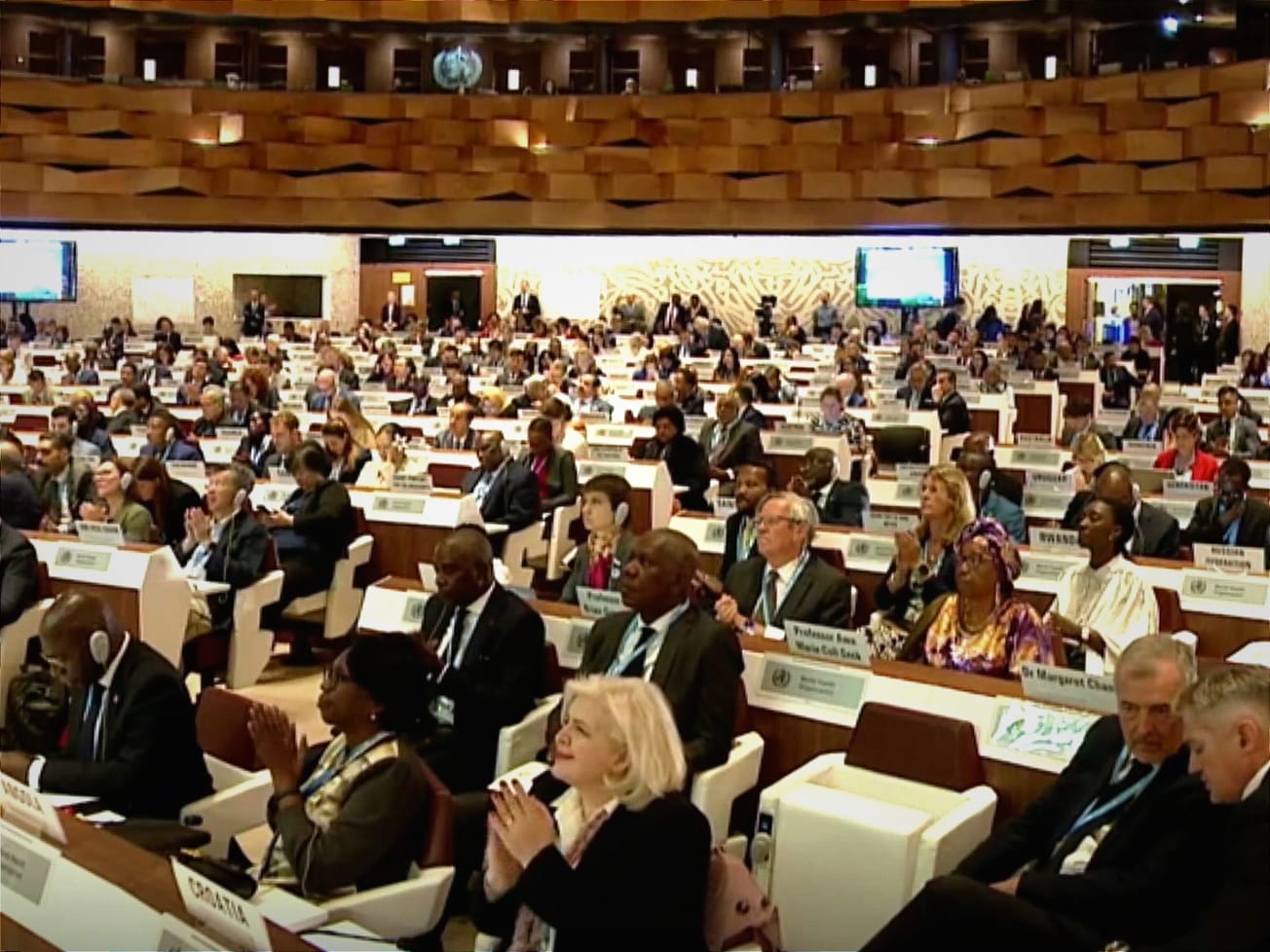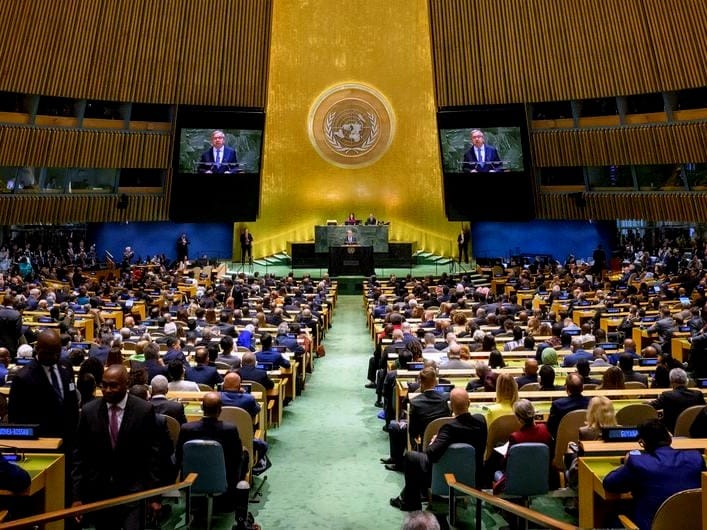
Tariffs, Gaza, 'America First': Brazil and U.S. presidents set tone at U.N.
Lula criticized 'unilateral attacks' on Brazil's institutions. Trump said the United Nations is not living up to its potential.
Brazil is the largest nation in both South America and Latin America. The country is a major emerging economy and a founding member of the BRICS group of nations. It is also home to a significant portion of the Amazon rainforest, a vital part of the global ecosystem.

Already have an account? Log in
Lula criticized 'unilateral attacks' on Brazil's institutions. Trump said the United Nations is not living up to its potential.
The U.N. weather agency's report details a stark contrast between some regions parched and others submerged.
The agreement also includes robust transparency requirements and a dedicated committee on compliance.
Brazil, Switzerland and the U.K. also scrutinized financial dealings of the Equatorial Guinea president's son.
International IDEA highlights even established democracies are tested by shifting politics and weaker institutions.
A $10.5 billion global fund for pandemic preparedness would cost a fraction of the devastation the treaty seeks to prevent.
Fossil fuel burning and other polluting human activities not only degrade air quality but also accelerate climate change.
Nations and organizations are watching to see if the legal foundation for the administration's trade deals will hold.
Pretoria's ambitious agenda for the G-20 focuses on inclusive growth, food security, AI, debt relief, and climate finance.
The U.S. tariffs for about 90 countries further undermine the global trade system led by the World Trade Organization.
The court's advisory opinion stems from a sustained campaign led by Vanuatu and supported by 130 U.N. member nations.
Nations that back the bloc of emerging market countries' so-called 'anti-American policies' could face an added 10% tariff.
Leaders pushed for better financial systems at only the fourth U.N. conference on development financing held since 2002.
The summit created momentum for the adoption of the first legally binding rules to better protect international waters.
The head of the International Peace Institute praised the treaty negotiators for their 'amazing' critical problem-solving.
The order would allow exploratory mining of the ocean floor that is overseen by an organization the U.S. hasn't joined.


